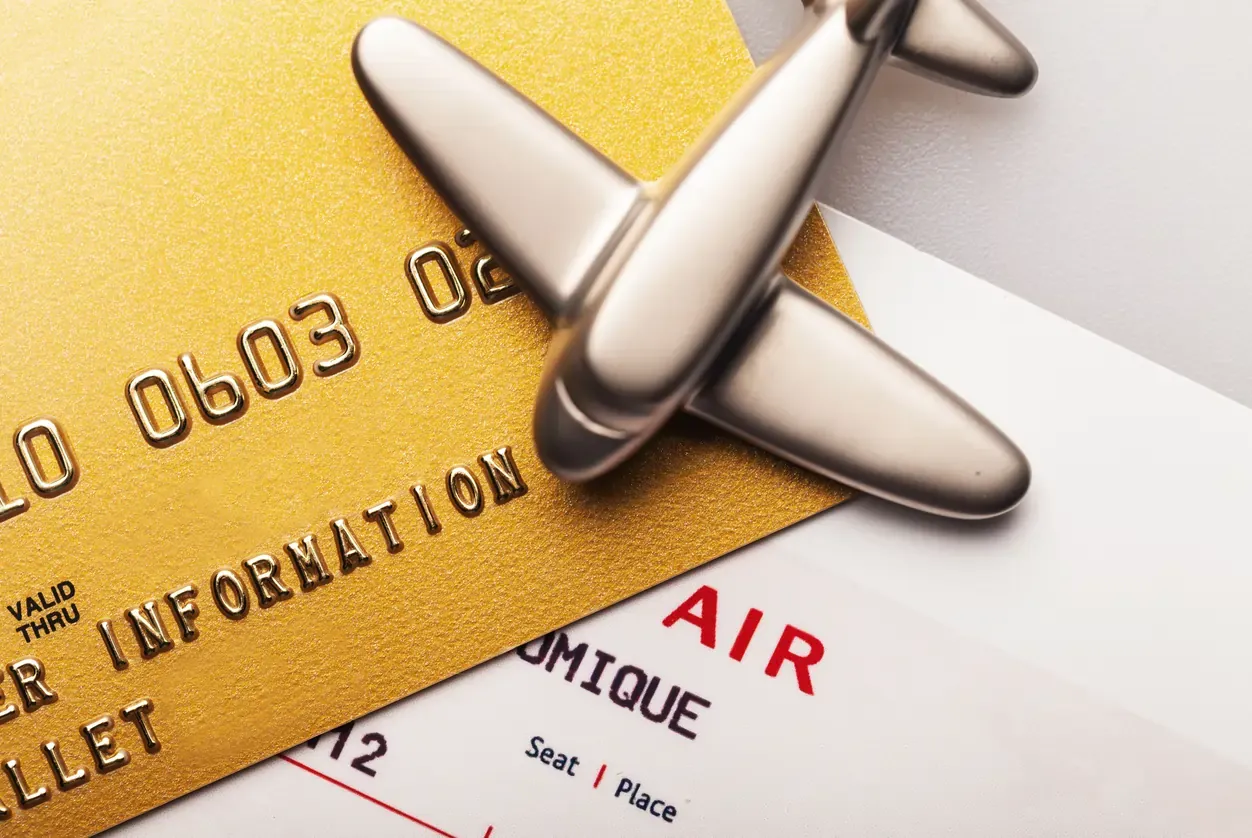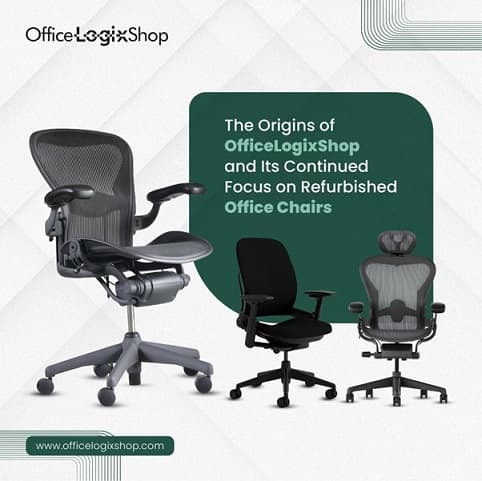
Virtual reality: transforming travel experiences
Virtual Reality (VR) has transcended its gaming origins to revolutionize various industries, and travel is no exception. As technology advances, VR is playing an increasingly pivotal role in transforming how we experience and explore the world. In this comprehensive guide, we’ll delve into the impact of virtual reality on travel, exploring its applications, benefits, and the way it reshapes our perception of destinations.
Understanding virtual reality:
Virtual Reality is an immersive technology that uses computer-generated environments to simulate a realistic experience. Through the use of VR headsets, users are transported to virtual worlds that engage their senses, creating an environment that feels tangible and lifelike. In the realm of travel, VR opens up new possibilities for exploration without physically being present at a location.
Applications of virtual reality in travel:
Virtual destination tours:
VR enables users to embark on virtual tours of destinations worldwide. From iconic landmarks to hidden gems, virtual tours provide a 360-degree view, allowing users to explore and familiarize themselves with a location before planning a trip.
Immersive travel experiences:
Virtual Reality goes beyond static images by offering immersive experiences. Users can virtually wander through bustling markets, stroll along serene beaches, or even soar over breathtaking landscapes, providing a taste of the destination’s atmosphere and culture.
Hotel and accommodation previews:
Before booking accommodations, VR allows users to virtually “visit” hotels and lodgings. Exploring rooms, facilities, and surroundings in virtual space assists travelers in making more informed decisions based on their preferences.
Flight simulations:
VR introduces realistic flight simulations, offering users a firsthand experience of takeoffs, landings, and aerial views. This not only caters to aviation enthusiasts but also helps nervous flyers become more comfortable with the idea of flying.
Benefits of virtual reality in travel:
Enhanced trip planning:
VR facilitates detailed trip planning by providing a realistic preview of destinations, helping travelers decide on the places they want to visit, activities to indulge in, and accommodations that align with their preferences.
Time and cost savings:
Virtual exploration can save time and money by allowing users to virtually experience multiple destinations without the need for physical travel. This is especially beneficial for travelers in the initial stages of trip planning.
Accessibility:
For individuals with physical limitations or restrictions, VR offers a means to “visit” destinations they might otherwise find challenging to explore. This inclusivity enhances the overall accessibility of travel experiences.
Educational opportunities:
VR serves as an educational tool, offering virtual field trips and historical explorations. This immersive learning experience enhances users’ knowledge of different cultures, history, and geography.
Reducing environmental impact:
The environmental impact of travel, such as carbon emissions from flights, is a growing concern. VR provides an eco-friendly alternative, allowing users to experience destinations without contributing to their carbon footprint.
Challenges and considerations:
While VR has transformative potential, it comes with certain challenges and considerations:
Limited sensory experience:
Despite advancements, VR cannot replicate all sensory experiences of a physical journey. The taste of local cuisine, the feel of the breeze, and the scent of surroundings are aspects that virtual reality cannot fully capture.
Cost of vr equipment:
High-quality VR headsets and equipment can be expensive, potentially limiting widespread adoption. As technology evolves, the cost barrier may decrease, making VR more accessible to a broader audience.
Dependency on technology:
Reliance on technology raises concerns about dependency and the potential loss of authentic travel experiences. Striking a balance between virtual exploration and real-world adventures becomes crucial.
Content quality:
The effectiveness of VR in travel hinges on the quality of content. High-quality, well-curated virtual experiences contribute to a more immersive and enjoyable user experience.
Future trends in vr travel:
Integration with augmented reality (ar):
The fusion of VR with Augmented Reality (AR) is anticipated to create even more dynamic and interactive travel experiences. AR overlays digital information onto the physical world, enhancing users’ understanding of their surroundings.
Social vr experiences:
Virtual Reality is evolving to include more social aspects, enabling users to share virtual travel experiences with friends and family. This collaborative approach enhances the sense of connection even in virtual spaces.
Expansion of vr travel platforms:
With the increasing popularity of VR, more platforms and applications dedicated to virtual travel experiences are expected to emerge. These platforms will offer a diverse range of destinations and activities for users to explore.
Immersive travel booking:
VR may revolutionize the travel booking process by allowing users to virtually experience hotels, destinations, and activities before making reservations. This hands-on approach enhances the booking process and increases confidence in travel decisions.
Frequently asked questions (faqs):
Q: Can virtual reality replace physical travel?
A: Virtual reality serves as a complement to physical travel, offering a preview and enhancing the planning process. While it can provide immersive experiences, it cannot fully replace the authenticity of physically being in a destination.
Q: What equipment do I need for virtual travel experiences?
A: To experience virtual travel, you need a VR headset compatible with your device (PC, console, or standalone). Popular VR headsets include Oculus Rift, HTC Vive, and PlayStation VR.
Q: Are virtual travel experiences suitable for all ages?
A: Virtual travel experiences are generally suitable for various age groups. However, content appropriateness and the duration of VR use should be considered, especially for younger users.
Q: Do I need a powerful computer for virtual travel experiences?
A: The computing requirements for VR experiences depend on the complexity of the content. High-end VR experiences may require a powerful computer, while standalone VR headsets have built-in processing capabilities.
Q: Are there health concerns associated with prolonged VR use?
A: Prolonged VR use may cause discomfort or motion sickness in some individuals. Taking breaks, adjusting settings, and choosing content carefully can help mitigate potential health concerns.
Virtual Reality is redefining the way we perceive and engage with travel experiences. From virtual destination tours to immersive travel planning, VR opens up new dimensions for exploration and adventure. While challenges exist, the potential for VR to enhance trip planning, offer educational opportunities, and reduce environmental impact is undeniable. As technology continues to advance, the marriage of virtual reality and travel promises a future where exploration knows no bounds.


